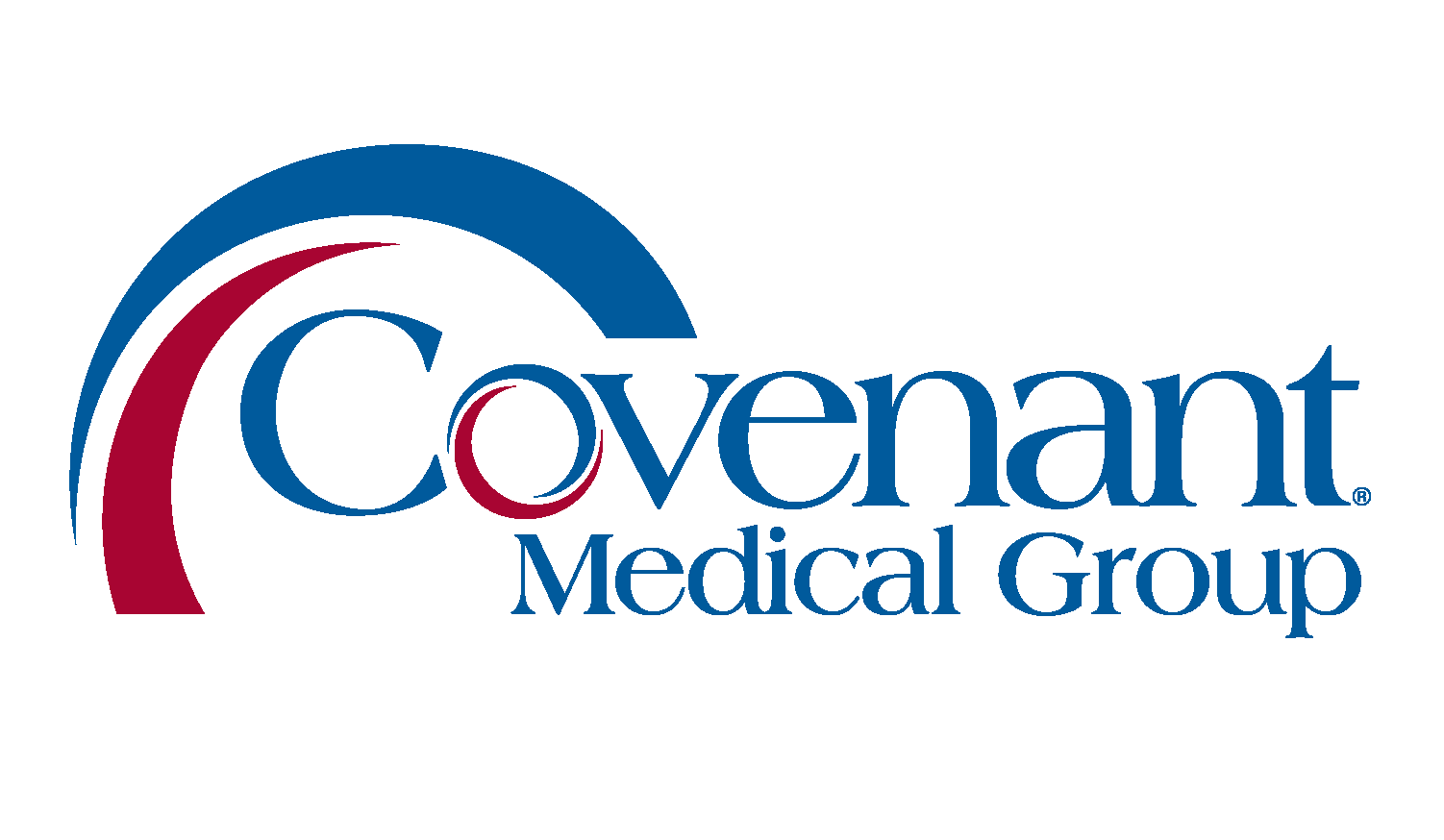Genetic Counseling
Compassionate surgical care you can trust

It’s a common assumption that the genetic risks of breast cancer, in particular, are passed from mother to daughter, or mother to son. But a father can also pass the genetic traits on to his daughter or son. To truly understand if you have a family history of breast or ovarian cancer that may affect you, you’ll want to look at your complete family history, including your father’s side of the family.
When medical professionals refer to “family history,” what does that mean exactly? Typically, “family members” include your first-, second- and third-degree blood relatives on both your mother’s and father’s side of your biological family.
Your first-degree relatives are your biological parents, children, and siblings. Your second-degree relatives include your grandparents, grandchildren, uncles, aunts, nephews, nieces, and half-siblings. Third-degree relatives include your great-grandparents, great-grandchildren, great uncles and aunts, and first cousins.
Genetic Breast Cancer Risk Factors You Should Know
When it comes to your family history, you may have inherited genetic risk factors for breast or ovarian cancer if any of the following apply to you:
- You were diagnosed with breast cancer before the age of 50.
- A family member was diagnosed with breast cancer before the age of 50.
- You or a family member were diagnosed with ovarian cancer at any age.
- You’ve or a family member have been diagnosed with 2 types of breast cancers.
- You are a male and have been diagnosed with breast cancer at any age.
- A male family member has been diagnosed with breast cancer at any age.
- Three or more family members have been diagnosed with breast, ovarian, pancreatic, or prostate cancer at any age, either in the same family member or on the same side of your family.
- Any family member has had a previously identified Hereditary Breast and Ovarian Cancer (HBOC) syndrome genetic mutation.
- You have Ashkenazi Jewish ancestry and either you or a family member has had a history of breast, ovarian, pancreatic, or prostate cancer at any age.
So how are genetic risks for breast cancer—or other cancers like ovarian, pancreatic, or prostrate—passed on? What does it mean, really, if you have a family history of breast cancer?
How Much Do Genetic Risk Factors Matter?
The majority of hereditary breast and ovarian cancers (HBOC) can be traced to mutations in the BRCA1 and BRCA2 genes. Knowing whether or not you or your family members have a BRCA mutation gives you the knowledge to understand and evaluate your potential risk of developing cancer. Of course there are several other factors that attribute to developing cancer, and a BRCA mutation should never be interpreted to mean that you are destined to develop cancer.
Knowing that you have a BRCA mutation, however, can help you be proactive about your health and reduce your risk of developing breast or ovarian cancers.
Here are some key statistics about BRCA mutations:
- Women with a BRCA mutation have up to a 50% risk of developing breast cancer by age 50, which increases up to an 87% risk of developing breast cancer by age 70.
- Women with a BRCA mutation have up to a 64% risk of developing a second breast cancer.
- Women with a BRCA mutation have up to a 44% chance of developing ovarian cancer by age 70.
- BRCA mutations also increase the risk for other cancers in both men and women. This includes up to a 7% risk for pancreatic cancer in men and women, and up to an 8% risk for breast cancer in men.
- Children of both men and women who have BRCA mutations have a 50% chance of carrying the BRCA mutation as well.
- BRCA mutations tend to be more common among people of Ashkenazi Jewish descent. One in 40 Ashkenazi Jewish women has a BRCA gene mutation.
Genetic Testing Analysis & Counseling Is Key
The American Society of Breast Surgeons’ recommends that all breast cancer patients should be offered genetic testing. In addition, if you or your health care professional feel that it would be beneficial to know if you carry the BRCA1 or BRCA2 gene, then BRCA testing and counseling is easy to perform. Testing is done through a simple blood test, and results take approximately 14-21 days to receive.
(Please note that at-home DNA kits like 23andMe that claim to give you health reports as well are not reliable for accurate BRCA testing results. See why: Concerns About Genetic Testing Kits For Detecting Breast Cancer Genes)
Positive or negative test results are rarely a black or white, yes or no, answer to whether you have evidence of a family history with BRCA mutations. Regardless of whether your results are positive or negative, the results merit thoughtful discussion and analysis, taking into consideration other risk factors, your lifestyle, and your broader family history. This is what we refer to as “genetic counseling,” which our Director of Clinical Genetics Service, Imelda G. Margulies, FNP specializes in.
She stresses that if you test positive for a genetic mutation, that doesn’t mean you’re destined for a cancer diagnosis. Rather, the purpose of genetic testing is finding out if you or your family members—including your children—are at a higher risk for specific types of cancers, based on heredity or damage to your DNA.
From there, knowledge from genetic testing is power when it comes to having a proactive plan for monitoring your health and taking any appropriate steps to reduce your risks for cancer when necessary.
Imelda G. Margulies, FNP, is trained to counsel and test for all variants of the BRCA gene mutation (HBOC), and for Lynch Syndrome (HNPCC), which can cause colorectal and uterine cancer, and other multiple cancer gene syndromes that affect your risk for certain cancers.
If you’re interested in discussing genetic testing with Imelda Margulies, or if you’d like to discuss the most advanced surgical treatments for breast cancer with Dr. Aaron Margulies, give us a call at 865-692-1610.
Dr. Aaron and Imelda Margulies are committed to serving patients at offices in Tennova Turkey Creek Medical Center in West Knoxville, at Tennova North Knoxville Medical Center in Powell, at Jefferson Memorial Hospital, and in Newport. To learn more, visit www.aaronmd.com or call 865-692-1610.

